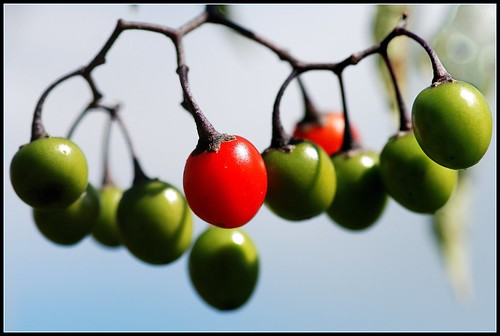The adjective 'different' is found in general usage followed by three prepositions: 'from', 'to' and 'than'. But can you use any one of them freely; are they just interchangeable? Not quite. There are several things you have to take into consideration in this regard:
1. 'Different from' is the most accepted and most widespread form in both British and American English, especially in formal language.
This house is different from the others.
You look different from your brothers.
The town looks very different from the way it did 20 years ago.
The soup tasted different from what I expected.
In India, they cook this dish quite differently from how it's cooked here.
Our stay in London was rather different from the one in Paris.
2. 'Different to' is sometimes found in place of 'different from', but it mostly occurs in informal British usage. It's rare in American English.
This house is different to the others.
(Similarly in other examples.)
3. 'Different than' is found more often in informal American English, and it's sometimes used because it allows you to shorten the statement; this is possible since 'than' can act as a conjunction too.
This house is different than the others.
You look different than your brothers.
The town looks very different than (the way it did) 20 years ago.
The soup tasted different than (what) I expected.
In India, they cook this dish quite differently than (how it's cooked) here.
Our stay in London was rather different than (the one) in Paris.
For usage statistics, see "different to", "different than".
(Image credit: pshutterbug)

No comments:
Post a Comment